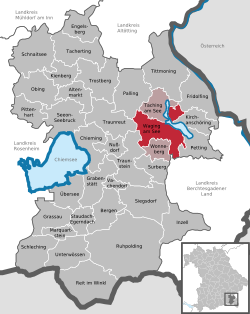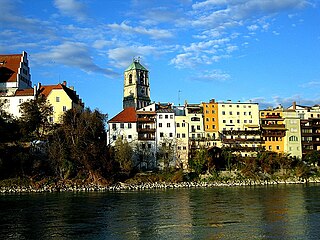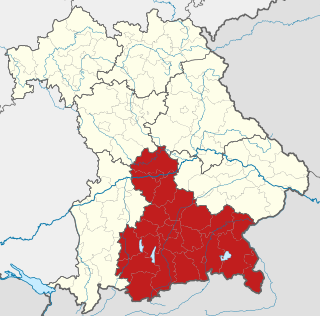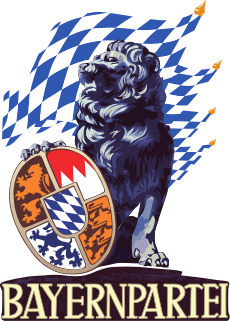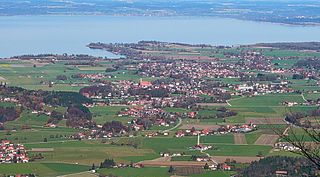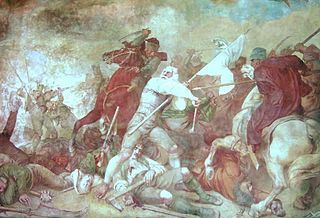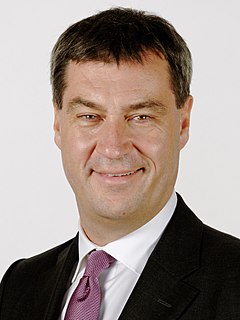Waging a.See | |
|---|---|
 Market square | |
| Coordinates: 47°56′N12°44′E / 47.933°N 12.733°E Coordinates: 47°56′N12°44′E / 47.933°N 12.733°E | |
| Country | Germany |
| State | Bavaria |
| Admin. region | Oberbayern |
| District | Traunstein |
| Municipal assoc. | Waging a.See |
| Government | |
| • Mayor | Matthias Baderhuber (CSU) |
| Area | |
| • Total | 48.87 km2 (18.87 sq mi) |
| Elevation | 465 m (1,526 ft) |
| Population (2017-12-31) [2] | |
| • Total | 6,955 |
| • Density | 140/km2 (370/sq mi) |
| Time zone | CET/CEST (UTC+1/+2) |
| Postal codes | 83329 |
| Dialling codes | 08681 |
| Vehicle registration | TS |
| Website | www.waging.de |
Waging am See (officially: Waging a. See) is a municipality in the district of Traunstein in Bavaria, Germany. The town, classified as a climatic spa, is located at the Waginger See, the warmest lake in Upper Bavaria, with temperatures up to 27 °C.

Municipalities are the lowest level of official territorial division in Germany. This is most commonly the third level of territorial division, ranking after the Land (state) and Kreis (district). The Gemeinde which is one level lower in those states also includes Regierungsbezirke as an intermediate territorial division. The Gemeinde is one level higher if it is not part of a Samtgemeinde. Only 10 municipalities in Germany have fifth level administrative subdivisions and all of them are in Bavaria. The highest degree of autonomy may be found in the Gemeinden which are not part of a Kreis. These Gemeinden are referred to as Kreisfreie Städte or Stadtkreise, sometimes translated as having "city status". This can be the case even for small municipalities. However, many smaller municipalities have lost this city status in various administrative reforms in the last 40 years when they were incorporated into a Kreis. In some states they retained a higher measure of autonomy than the other municipalities of the Kreis. Municipalities titled Stadt are urban municipalities while those titled Gemeinde are classified as rural municipalities.
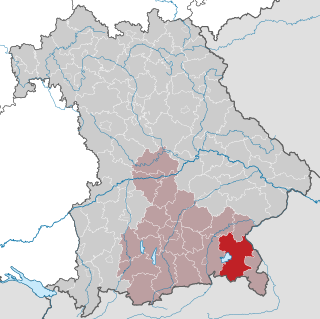
Traunstein is a Landkreis (district) in the southeastern part of Bavaria, Germany. Neighboring districts are Mühldorf, Altötting, the Austrian states Upper Austria and Salzburg, the district Berchtesgadener Land, the Austrian states of Salzburg and Tyrol, and the district Rosenheim.

Bavaria, officially the Free State of Bavaria, is a landlocked federal state of Germany, occupying its southeastern corner. With an area of 70,550.19 square kilometres, Bavaria is the largest German state by land area comprising roughly a fifth of the total land area of Germany. With 13 million inhabitants, it is Germany's second-most-populous state after North Rhine-Westphalia. Bavaria's main cities are Munich and Nuremberg.
Contents
- Geography
- History
- Politics
- Places of interest
- Sports and Leisure
- Personalities
- Daughters and Sons
- References


